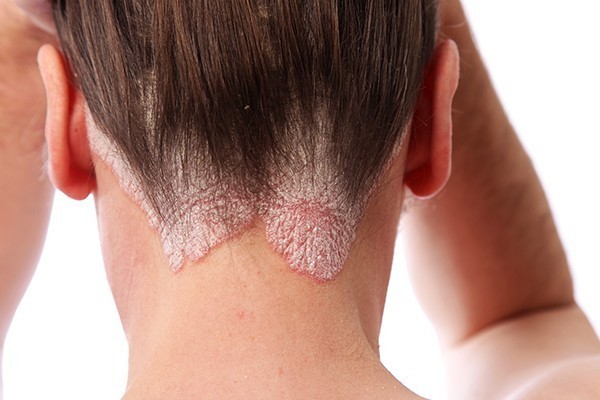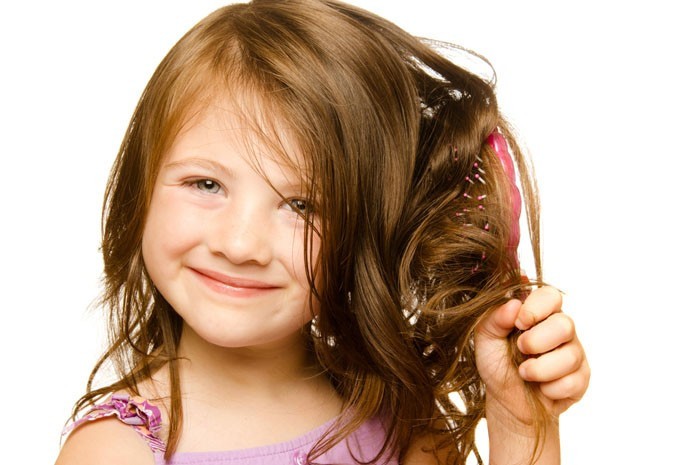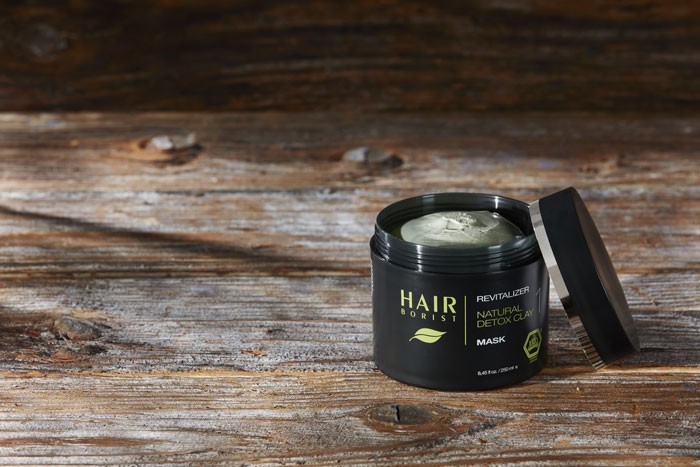Causes of Greasy, Oily Hair
The Sebaceous glands
Sebaceous glands are located at the base of the hair follicle and produce sebum (a naturally occurring oily substance) to help condition your hair and scalp. People prone to greasy hair suffer due to increased or excess sebum production. There are several factors to consider when looking at both the causes and solutions. We’ll first start with the most common reasons behind excess sebum secretion and then move on to greasy hair treatments.
1. THE WEATHER
Changes in seasons, extreme climate changes or even sunburn can result in excess sebum production. You are likely to get oily hair during the summer months when the weather is hot and humid.
2. THE EFFECTS OF POLLUTION
Air pollution plays a role in disrupting the sebaceous glands. Pollution and other environmental aggressors can make the hair look and feel greasy faster.
3. HAIR TREATMENTS
Repeated use of oxidative hair colorants, perms, chemically-loaded shampoos, hair gels, and hot styling tools like straighteners or blow-dryers. These can have negative impacts on the pH of the scalp, and may cause damage to strands making them look and feel oily.
4. YOUR DIET
An unbalanced diet rich in fat and sugar content can be the cause of hair that quickly becomes greasy. Fried foods cause the skin to become excessively oily, which stimulate the sebum glands.
5. GENETIC AND HORMONAL PROBLEMS
If you have oily, greasy hair, this may be the result of a hormonal disorder. Puberty is a prime example of this. Hormonal imbalances can cause changes in the skin and therefore increase gland activity. This increase results in greasy hair.
http://hairborist.com/wp-content/uploads/2015/10/cheveux-secs-300×200.jpg
Greasy hair treatments
- Wear a hat to protect your head from the sun. This safeguards the scalp and reduces the chances of your sebum glands overproducing.
- Protect your hair against pollution, dirt, and dust by washing your hair with a mild shampoo. It regulates sebum production and also leaves hair looking and feeling great.
- How can you ensure you’re using the right shampoo? Refer to the INCI labeling list. It outlines ingredients that are good for the skin. Limiting your use of shampoos with sulphates and selecting a gentle and mild one can really help the condition of your hair.
- Add essential oils into your existing greasy hair care treatments to significantly reduce oily scalp problems.
- Find a hair conditioner that includes natural plant-based extracts like rosemary. A naturally derived hair conditioner containing simple ingredients adapted for greasy and oily hair ensures your strands are not weighed down.
- Finally, keep a close eye on your everyday diet, if you want healthy skin and hair. Sweets and products high in saturated fats (for example, ready-made meals) should be limited or avoided altogether. Diversify your diet and be sure to include plenty of fruits, vegetables, and whole-grains.
Related Hairborist Products
http://hairborist.com/wp-content/uploads/2015/03/2D21-harmony-clean-196×300.jpg
http://hairborist.com/wp-content/uploads/2015/02/balans1-196×300.jpg
http://hairborist.com/wp-content/uploads/2015/02/sebumactif-196×300.jpg


